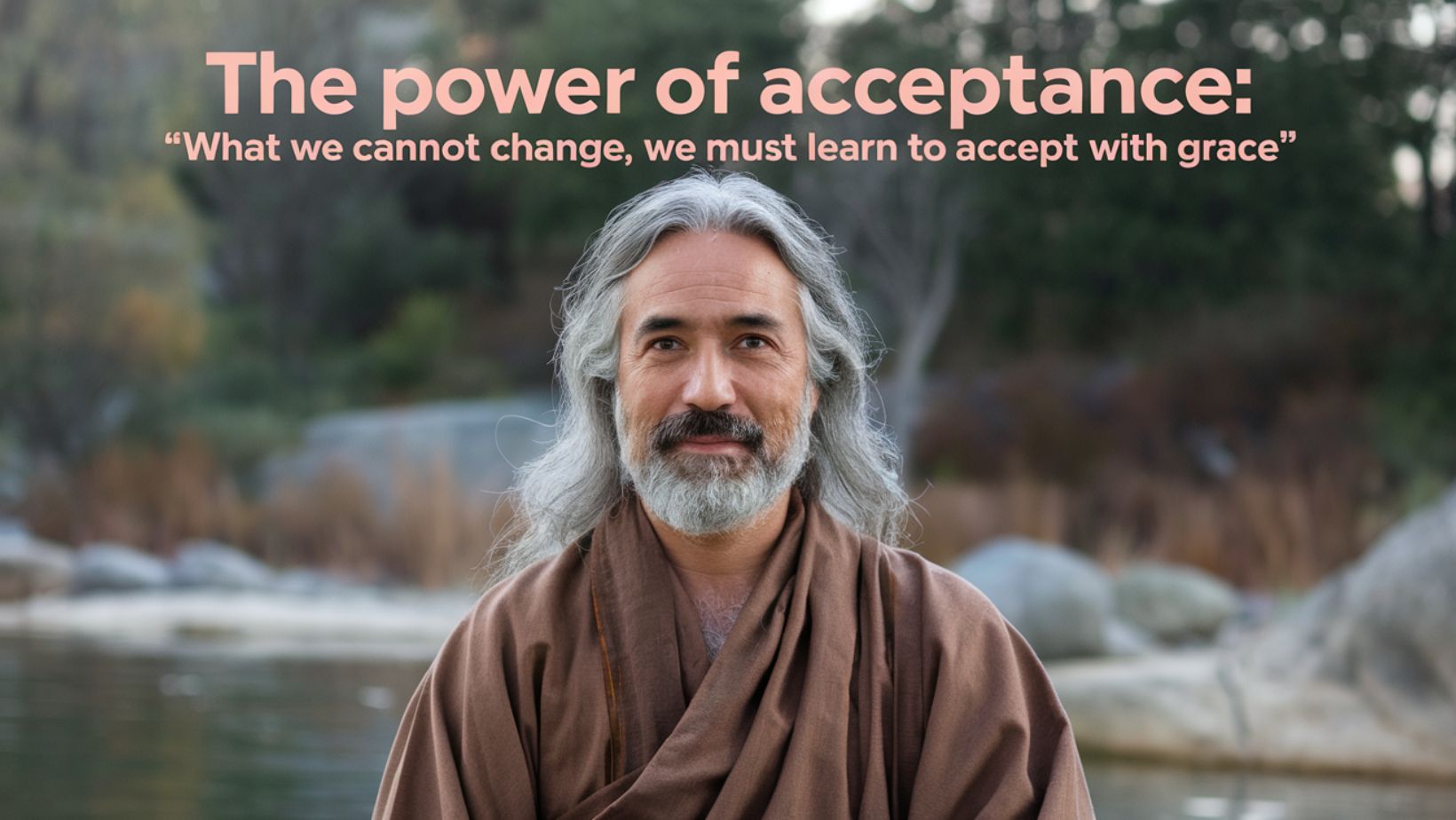Understanding the universal reason behind stoicism might seem like a daunting philosophical challenge, but at its core, it’s about grasping a simple yet profound truth about human existence. The ancient stoic philosophers developed a practical approach to life that remains remarkably relevant in our modern world. Whether you’re facing personal challenges, professional setbacks, or simply seeking a more balanced way of living, stoic principles offer timeless wisdom for navigating life’s complexities.
This guide will break down the essential elements of stoic philosophy, showing how its universal reason can transform your perspective and enhance your daily life.
The fundamental truth: “Everything in life operates by natural laws, including our happiness”
At the heart of stoic philosophy lies a crucial understanding about the nature of reality. The universe operates according to consistent patterns and principles, whether we like them or not. This isn’t just about physical laws like gravity; it extends to human experience, emotions, and relationships. When we resist these natural laws, we create suffering for ourselves.
Consider how we react when something doesn’t go according to our plans – the frustration and anxiety we feel often come from refusing to accept the natural flow of events. Stoicism teaches that true wisdom begins with acknowledging and working within these natural laws rather than fighting against them.
This doesn’t mean becoming passive or fatalistic; instead, it means understanding the true scope of our influence and working intelligently within it. Just as a sailor must work with the wind and currents rather than against them, we must learn to navigate life’s challenges by understanding and adapting to the natural principles that govern our existence.
The power of acceptance: “What we cannot change, we must learn to accept with grace”
In our modern world, we’re often taught that everything is within our control if we just try hard enough. Social media, self-help books, and motivational speakers frequently promote the idea that we can shape every aspect of our lives through sheer will. However, stoicism offers a more nuanced and realistic perspective. The universal reason shows us that while we have significant control over many aspects of our lives, there are countless things we cannot influence: the weather, other people’s opinions, past events, natural disasters, or the simple passage of time.
The stoic wisdom lies in recognizing this reality and focusing our energy where it can actually make a difference. This isn’t about surrendering to circumstances; it’s about being strategic with our mental and emotional resources.
When we stop exhausting ourselves trying to control the uncontrollable, we discover a profound sense of peace and find more energy for the things we can actually influence. This acceptance becomes a source of strength rather than weakness.
The mind’s power: “Our thoughts shape our reality more than external events”
One of the most revolutionary aspects of stoic philosophy is its understanding of how our thoughts and perceptions shape our experience of reality. The universal reason reveals that events themselves are neutral – it’s our interpretations that give them emotional weight and meaning. A job loss, for instance, isn’t inherently good or bad; our reaction depends entirely on how we interpret it. Some might see it as a devastating setback, while others view it as an opportunity for positive change.
This principle applies to everything from minor daily annoyances to major life challenges. When we truly grasp this concept, we realize that much of our emotional suffering comes not from events themselves but from our judgments about them. This understanding gives us tremendous power over our emotional lives. Instead of being at the mercy of circumstances, we can learn to examine and adjust our interpretations, finding more constructive ways to view challenges.
The path of growth: “Every obstacle presents an opportunity for development”
The universal reason of stoicism reveals that challenges and difficulties aren’t just random hardships – they’re essential opportunities for personal growth. This perspective transforms how we view adversity. Instead of seeing problems as unfair burdens, we can recognize them as chances to develop strength, wisdom, and resilience.
When we face a difficult situation, whether it’s a personal setback, a professional challenge, or a relationship conflict, the stoic approach encourages us to ask: “What can I learn from this? How can this make me stronger?”
This isn’t mere positive thinking; it’s a practical approach to turning obstacles into advantages. Just as physical resistance builds muscle, life’s challenges build character and capability. The key lies in recognizing that growth often requires discomfort and that our response to difficulties shapes who we become.
The essence of control: “Focus only on what lies within your power”
Understanding what we can and cannot control is perhaps the most practical application of stoic philosophy’s universal reason. This principle provides a clear framework for decision-making and emotional investment.
The stoics teach us to divide everything into two categories: things within our control and things beyond it. Our thoughts, attitudes, efforts, and responses fall into the first category; other people’s actions, external events, and natural phenomena fall into the second. This distinction isn’t always comfortable – we often wish we had more control than we do – but accepting it leads to greater peace and effectiveness.
When we focus our energy on what we can actually influence, we become more productive and less frustrated. This principle helps us navigate everything from personal relationships to professional challenges, showing us where to direct our attention and effort for maximum impact.
The practice of wisdom: “True knowledge lies in understanding what truly matters”
The universal reason of stoicism ultimately leads us to a profound understanding of what truly matters in life. In our modern world of constant distraction and shifting priorities, this wisdom is more valuable than ever.
The stoics teach us to distinguish between what is genuinely important and what merely appears so on the surface. They show us that character matters more than reputation, that wisdom is more valuable than mere knowledge, and that inner peace is more important than external success.
This understanding helps us make better decisions about where to invest our time, energy, and attention. It guides us toward choices that lead to lasting satisfaction rather than temporary pleasure. When we align our lives with these deeper truths, we find a sense of purpose and contentment that transcends the ups and downs of daily life.
The result of understanding: “Peace comes from aligning with universal reason”
When we fully grasp and apply the universal reason of stoicism, we experience a profound transformation in how we relate to life. This understanding leads to a deep sense of peace that comes not from controlling external circumstances, but from aligning ourselves with the natural order of things. We learn to work with life rather than against it, to find opportunities in challenges, and to maintain our equilibrium in both good times and bad.
This isn’t about becoming emotionally detached or indifferent; instead, it’s about engaging with life more wisely and effectively. The universal reason shows us that true happiness doesn’t depend on external circumstances being exactly as we wish, but on our ability to respond to whatever comes our way with wisdom, courage, and grace.

